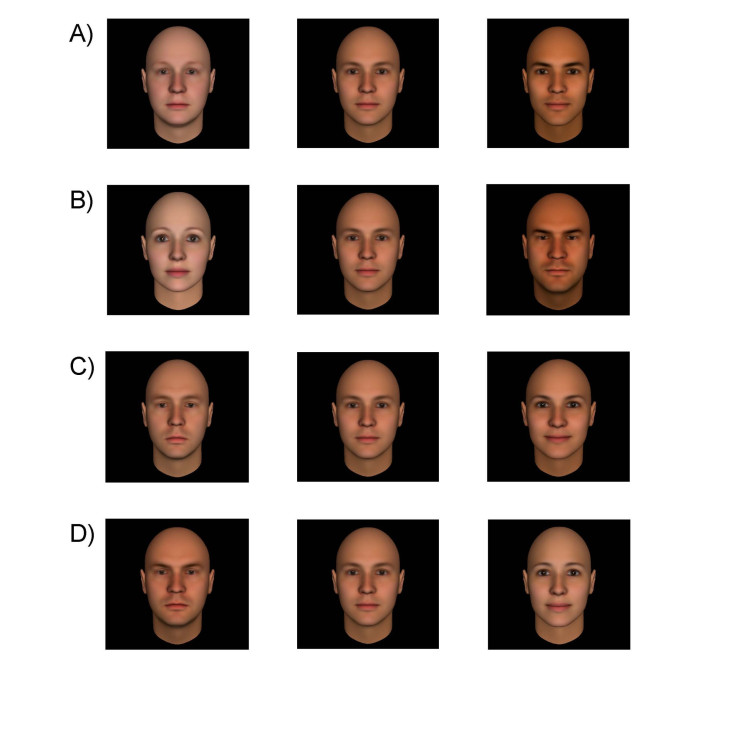First Impressions Are Face Impressions: Though Inaccurate, Facial Features Signal Key Personality Traits

While the impact of appearance has been studied in the past, recent advances in computer models, allow researchers to systematically manipulate an on-screen image and so tackle the question of how much particular features of our faces may influence others’ judgments of us with unprecedented accuracy. Now, a new review of recent studies finds people rely on arbitrary facial traits to make important decisions, including which political candidate they vote for in an election. Referring to this systemic bias as "face-ism," the researchers state, "This is a troubling human tendency that needs to be corrected, or at least mitigated, because faces are not valid predictors of a person's traits."
Choosing CEOs and Politicians
There’s no denying your face is a rich source of information and speaks volumes about your age, your gender, your ethnicity, and even your current emotional state. Often, we draw other inferences when looking at someone else’s face, impressions about his personality or her abilities. Though we are told not to judge a book by its cover — though many times our own first impressions are simply wrong — many of us persist in judging others based on the features of their faces.
In their review, a team of Princeton researchers, led by Dr. Christopher Olivola of Carnegie Mellon University's Tepper School of Business, found facial appearances predict “significant social outcomes in domains as diverse as politics, law, business, and the military.” In fact, many separate studies have revealed how people with certain facial characteristics will find themselves more likely to win an election, say, or be convicted of a crime.
While these findings are certainly significant, what is even more important is research shows there is strong agreement across many individuals tasked with judging which faces look competent, trustworthy, and so on. In other words, most of us draw the exact same conclusion when we meet a new face. And, with the aid of computer models where a simulated face can be tweaked to emphasize one trait or another, considerable progress has been made in identifying the configurations of facial features that lead to these inferences.

Above, the face in the middle column represents an average face in the consensual evaluation for these personality dimensions: (A) competence, (B) dominance, (C) extroversion, and (D) trustworthiness. Faces in the right column are three standard deviations (SD) above the average, while faces in the left column are three SD below the average on that same dimension.
The researchers note that numerous studies have shown a face can predict a person’s success in reaching prestigious leadership positions. CEOs, for instance, whose faces are perceived to look more competent are more likely to be hired by large, successful companies, even when they perform no better than peers whose faces appear less competent. This bias is so strong, the researchers note, the CEOs of Fortune 500 companies have more competent-looking faces than other types of leaders. Elected officials, other studies found, failed or succeeded to the extent others perceived competence, dominance, sociability, and even, “politician-like” their faces appeared. Finally, within the military, a face must be perceived as dominant-looking to predict success. One fascinating study, which surveyed cadets at West Point, found the perceived facial dominance, though unrelated to cadets' ranks at midcareer, strongly related to promotions a full 20 or more years after their portraits were taken.
Similar judgments of trust, guilt, and criminality govern our fates. People are more likely to trust, studies have found, and less likely to convict, individuals whose faces are perceived as trustworthy or innocent, while those possessing a face perceived as trustworthy were more likely to attract investments and procure loans.
“The fact that social decisions are influenced by facial morphology would be less troubling if it were a strong and reliable indicator of people’s underlying traits,” wrote the authors. “Unfortunately, careful consideration of the evidence suggests that it is not.”
Source: Olivola CY, Funk F, Todorov A. Social attributions from faces bias human choices. Cell Press. 2014.



























